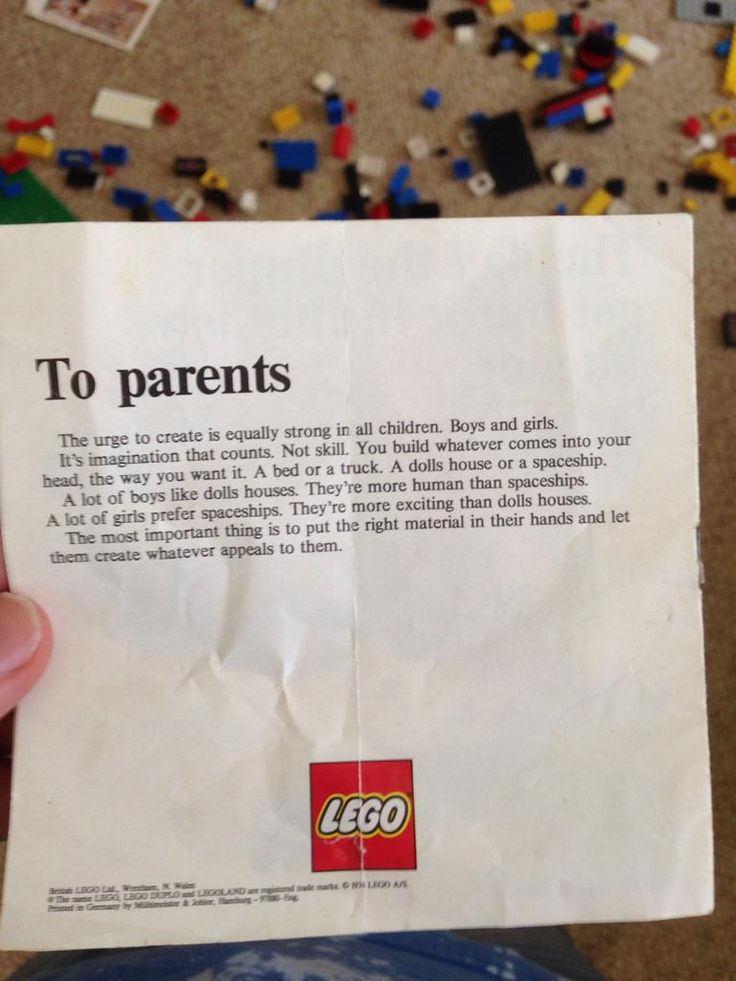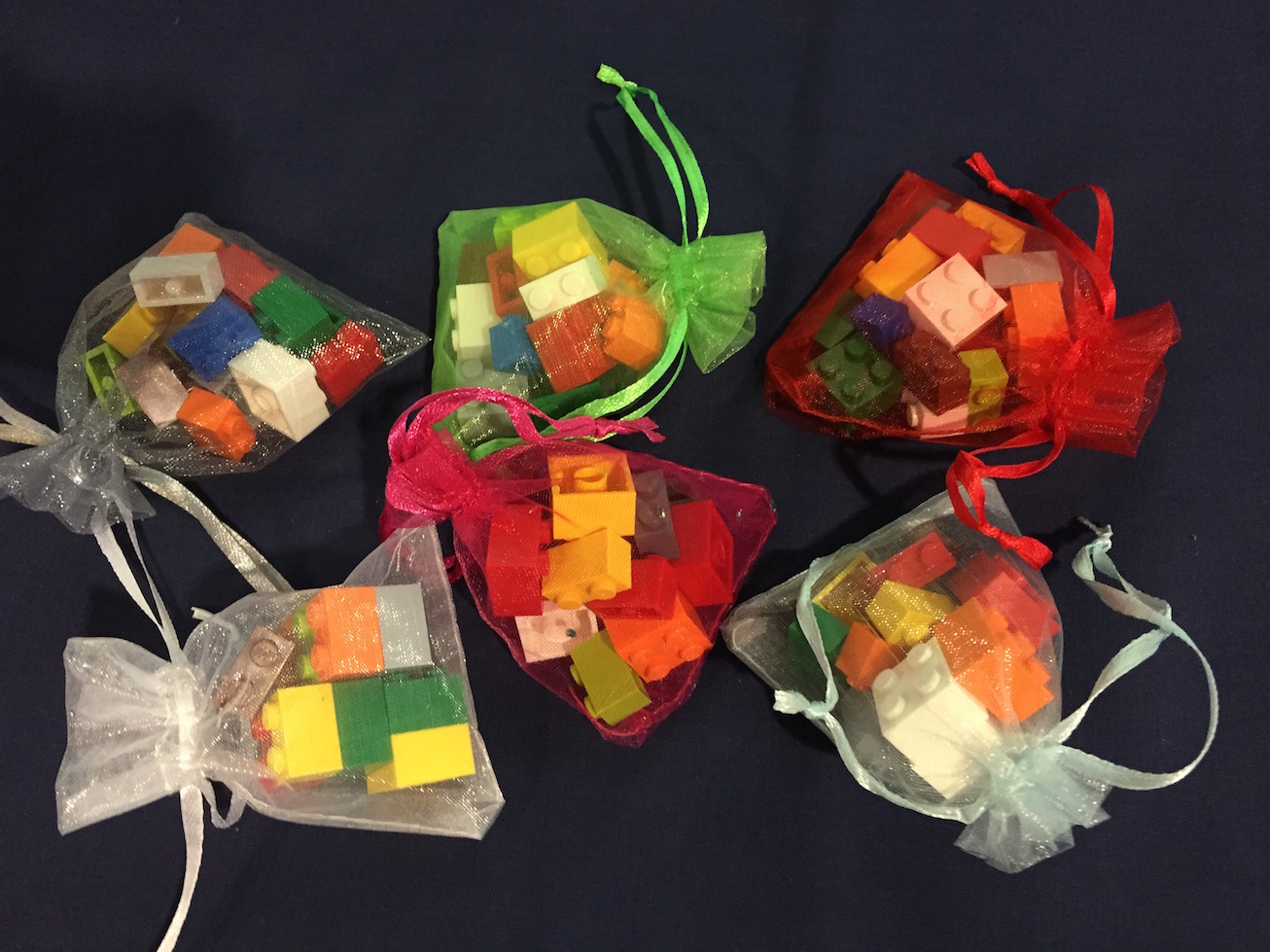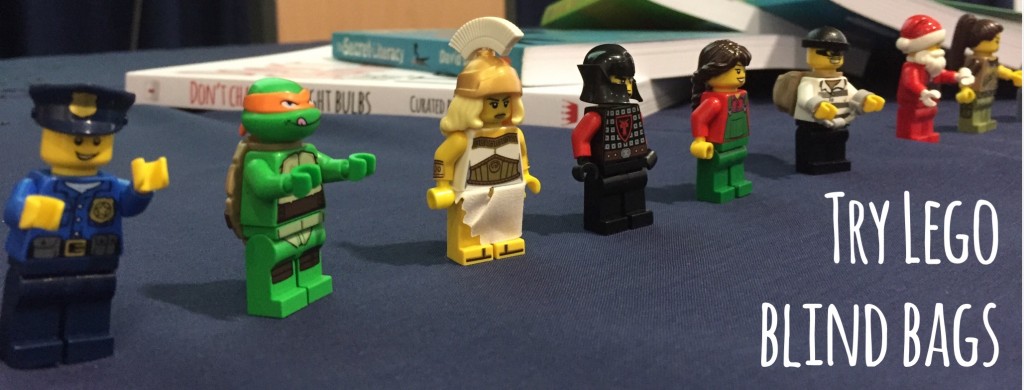
I love Lego and as a teacher I love learning with Lego too. I love it even more because I can now buy it with the excuse of buying it for my boys. I’ve used it in teaching for years. It’s such a fantastic tool for using the creativity of the mind to link to learning. Lego know this too and are really supportive.
I’m often surprised that teachers don’t think to use Lego to help in the classroom as a learning tool. Just look at the creativity below from adults.
I’m not the first person to think of this. It’s not ground breaking. Just check these amazing pins on Pinterest. It’s just that I don’t understand why you wouldn’t want to. Not as the be all and end all, sure. But I’m a firm believer that it should feature in your teaching toolkit, for sure.
How could I use Lego?
Why not put together some little building bags like these? The bags were super cheap (99p for 25) on Amazon – fill them with the same number of blocks – they’re great for keeping the blocks together and make them a nice pack for your class.
There are less than 20 blocks in the bags. It’s just amazing what can be made with just those blocks. I’ve seen Viking long boats, castles, representations of multiplication tables, giants, all sorts….
The Guardian wrote an article recently, which showcased just some examples of ideas from teachers classrooms of how they were using Lego.
One of the contributors was someone I’m lucky to know and have worked with; Lenny Dutton. Her timeline is rife with amazing creativity and learning including examples with Lego:
Our new Lego calendar! Also bought a Lego advent calendar! pic.twitter.com/Rf87cnYh6p
— Excited Educator (@LennyDutton) September 8, 2014
I think teaching with Lego is a must for a Monday – makes the students and teachers happy always! pic.twitter.com/5KS7AxELNp
— Excited Educator (@LennyDutton) September 29, 2014
Students using Lego to vote on their favourite coding apps! pic.twitter.com/bxORAdWoUr
— Excited Educator (@LennyDutton) October 1, 2014
…And don’t think it’s just for little kids. Look at this work by Kelly McDonagh with her A Level Business Studies students from Cotham School, Bristol:
#pedagoofriday A2 Business students constructing visual representation of leadership theory using Lego&Blocks #buss4 pic.twitter.com/zO5v3Uk1Ge
— Kelly McDonagh (@MissKMcD) February 27, 2015
Try Lego blind bags too. They’re £2.50 and contain a different character in each one. My local toy shop also offers a buy 5 get one free scheme and they also run a swap scheme so if you get a double, you can swap it for one you want. The characters are fab!
Lego are really supportive with technology too to support learning. Some of their Apps on the iPad App store are fab too for problem solving and learning. One of my favourites is Lego Movie Maker (unfortunately not on Android). A great stop-frame animation movie App for creating movies. There are great features and given it’s free, it’s well worth a check out!
In addition to this App there are others too, particularly for EYFS which are really good.
Let’s not forget about the fab Lego Mindstorms too. Fantastically engaging for control Computing and for teaching the constructs of coding to children.
So the next time you’re thinking about how you can make learning stick through doing and wanting to increase engagement and access higher order thinking skills, why not try Lego? I’m confident you’ll come up trumps.
Caveat: I cannot be blamed for learning or fun that may incur, or your wrath, if you stand on a lego piece left on the floor. After all – you’re the one with your shoes off!
Ps. It’s Lego, not Legos.
Cheers!


















This is fantastic- I have a year 6 class who love lego! I think I might buy the little bags and use them for my maths groups- I have an idea how to use it illustrate simplifying equations- I’ll give it a go and post the pictures? The kids would be engaged and probably not even realise they are working on their understanding and applying of algebra! Thank you 🙂 I’ll be back with the pics…
Awesome stuff Claire – I look forward to seeing the photos!
Good Idea.
My children play LEGO Then concentrate more
I bought my son to brain development.
And then there’s this: https://www.buildwithchrome.com/. It might be easier to get students and internet connection than a bag of Legos.
Insightful post by the way. Legos are a great metaphor for education right now. Like the video shows, one previously bought a big tub of Legos and dumped them on the floor and created. Now you must buy prepackaged kits with only enough pieces to build what comes with the instructions. Teachers use prepackaged units with a certain number of pages of reading, specific worksheets and a canned assessment. Students aren’t allowed to build knowledge.